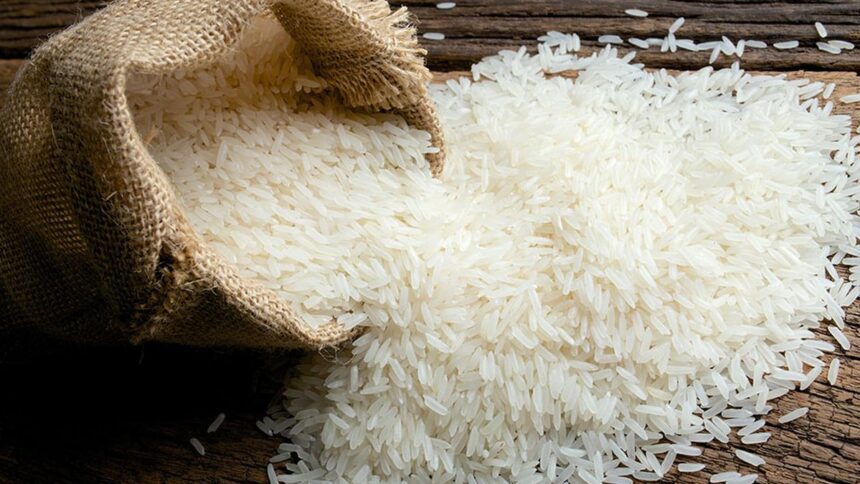The Indian government has announced a mandatory registration for contracts concerning the export of non-basmati rice, along with a nominal fee of ₹8 per tonne aimed at promoting the staple cereal as an Indian brand. Currently, various rice varieties are exported in bulk, losing their identity as Indian products once repackaged by local importers for retail in foreign markets.
Unlike the basmati sector, which has faced division after a recent fee increase, all three associations representing non-basmati exporters have expressed their support for the government’s initiative and are optimistic about achieving significant outcomes. Mukesh Jain, President of The Rice Exporters Association CG, noted, “It was a unanimous decision at the stakeholders’ consultation, and all three associations supported the plan to register the contracts before it was notified on September 24.”
In a related development, the Agricultural and Processed Food Products Export Development Authority (Apeda) has increased the registration fee for basmati export contracts to ₹70 per tonne from ₹30. While exporters from Haryana have voiced concerns regarding this “steep” increase, official sources indicate that no basmati exporter raised objections to the hike despite initial proposals suggesting ₹100 per tonne.
BV Krishna Rao, President of The Rice Exporters Association (TREA), observed that the basmati industry has long been involved in contract registration, which now provides a basis for Apeda to collect data on non-basmati rice exports. “By registering contracts, Apeda will be able to monitor cargo movements and identify purchasing countries,” he explained.
Rao added that the system is beneficial for non-basmati exports, provided that the verification of submitted contracts is efficient. As Apeda plans to use the registration fee to enhance non-basmati rice exports, this initiative is welcomed.
Prem Garg, President of the Indian Rice Exporters Federation (IREF), described the introduction of contract registration for non-basmati rice exports as a progressive development. Under this system, exporters will receive an online registration certificate after paying the modest fee of ₹8 per tonne. Garg emphasized that this fee facilitates the creation of a Rice Trade Development Fund intended for promoting Indian rice in international markets.
Garg, who also chairs the Shri Lal Mahal group, noted that this new mechanism will improve oversight on the volume of rice exported and develop a comprehensive database of export destinations. “Such transparency will enhance the credibility of India’s rice trade and lay the groundwork for effective policy planning,” he stated.
In the event of disputes or defaults from either buyers or suppliers, the registration records will assist both parties in seeking resolution through the IREF. Garg mentioned that the trade body would engage with Apeda on such matters to protect exporters’ interests.
In response to IREF’s request, Apeda officials plan to hold an awareness seminar to guide exporters through the new registration process, ensuring smooth adherence and broader participation. Jain highlighted that recent incidents involved 2,000 containers of non-basmati rice detained in certain countries, a situation resolved through Apeda’s intervention. The new system promises to simplify documentation, making it easier for exporters to address concerns effectively.
Published on September 25, 2025.










